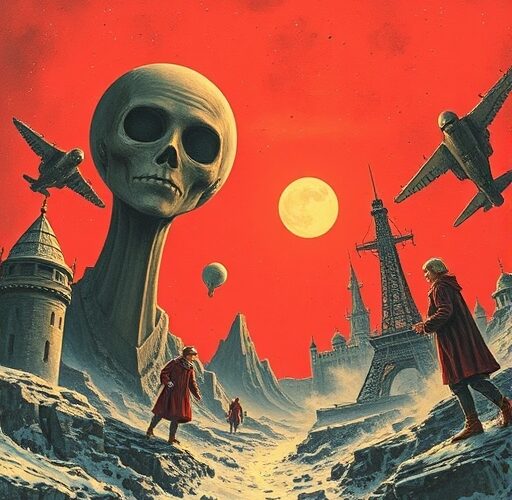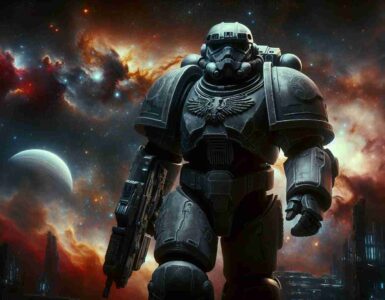Philip K. Dick’s works have left a profound mark on the world of science fiction. His novels explore themes that probe deep ethical questions about humanity freedom and reality itself. Within the vivid worlds he creates characters face dilemmas that challenge their understanding of morality and existence. Enjoy free access to your favorite reads with z-library and dive into the intricate ethical struggles of Dick’s science fiction. Whether it’s questioning the nature of free will or the impact of artificial intelligence Dick’s stories push readers to consider the ethical consequences of technological advancement.
Reality Versus Illusion
One of Dick’s most powerful themes involves the question of what is real and what is not. His characters frequently face realities that shift and break under the weight of artificial constructs. The classic novel Ubik shows this brilliantly with a reality that changes from moment to moment. Readers are left asking themselves whether the world around them is truly solid or just an illusion. This opens up larger ethical questions about human perception and whether or not we have control over our own truths.
The Limits of Free Will
In Do Androids Dream of Electric Sheep? and A Scanner Darkly Dick raises tough questions about free will. His characters are often trapped by their circumstances technology or even their own minds. What does it mean to make a choice if that choice is already influenced by external forces or if it is pre-determined? These works challenge the notion of autonomy and ask whether freedom is a genuine experience or just another illusion created by the world around us.
Identity in a World of Replicants
Identity is another central theme in Philip K. Dick’s works. In a future where androids and humans co-exist like in Do Androids Dream of Electric Sheep? what separates a human from a machine? The ethical dilemma here is profound because it questions whether being human is about biology or something deeper like consciousness and empathy. As machines grow more human-like the lines blur and the characters must grapple with what makes them unique. This theme is more relevant today with advancements in AI and robotics.
The Cost of Technology
Many of Dick’s stories present technology not as a liberating force but as a burden. This raises ethical questions about the cost of progress. In The Man in the High Castle advanced technology co-exists with an alternative history where fascism reigns. Technology’s role here is not one of pure advancement but one intertwined with power oppression and fear. It pushes readers to ask whether technology always serves humanity’s best interests or if it can lead us into dangerous ethical territory.
Technological Disruption
Another ethical dilemma Dick explores is the idea of disruption caused by technology. His works show societies teetering on the edge because of innovations that challenge the status quo. For example in Minority Report the idea of predicting crime before it happens throws traditional ideas of justice into chaos. Can society truly function when it is built on the uncertain foundation of technology that may or may not be infallible? Just as z lib provides easy access to literature it also raises questions about how digital tools change access to information.
The Future of Humanity
Dick’s fiction often paints a bleak picture of what humanity’s future could look like. However his works are not without hope. They challenge readers to reflect on the choices we make as a species. In the pursuit of technological progress have we lost sight of our ethical responsibilities? Dick’s stories encourage readers to imagine futures where ethical considerations play a larger role. They also ask whether humanity can evolve beyond its current limitations or if we are doomed to repeat the same mistakes in new forms.
The ethical dilemmas present in Philip K. Dick’s science fiction masterpieces remain relevant today. His works force us to reflect on the consequences of unchecked technological advancement and the complexities of human identity. By questioning what it means to be human free and aware Dick’s novels leave a lasting impression on readers. These stories are not just about future worlds but about our current one where ethical considerations need to guide our progress forward.
For more valuable information visit our website.





Add comment